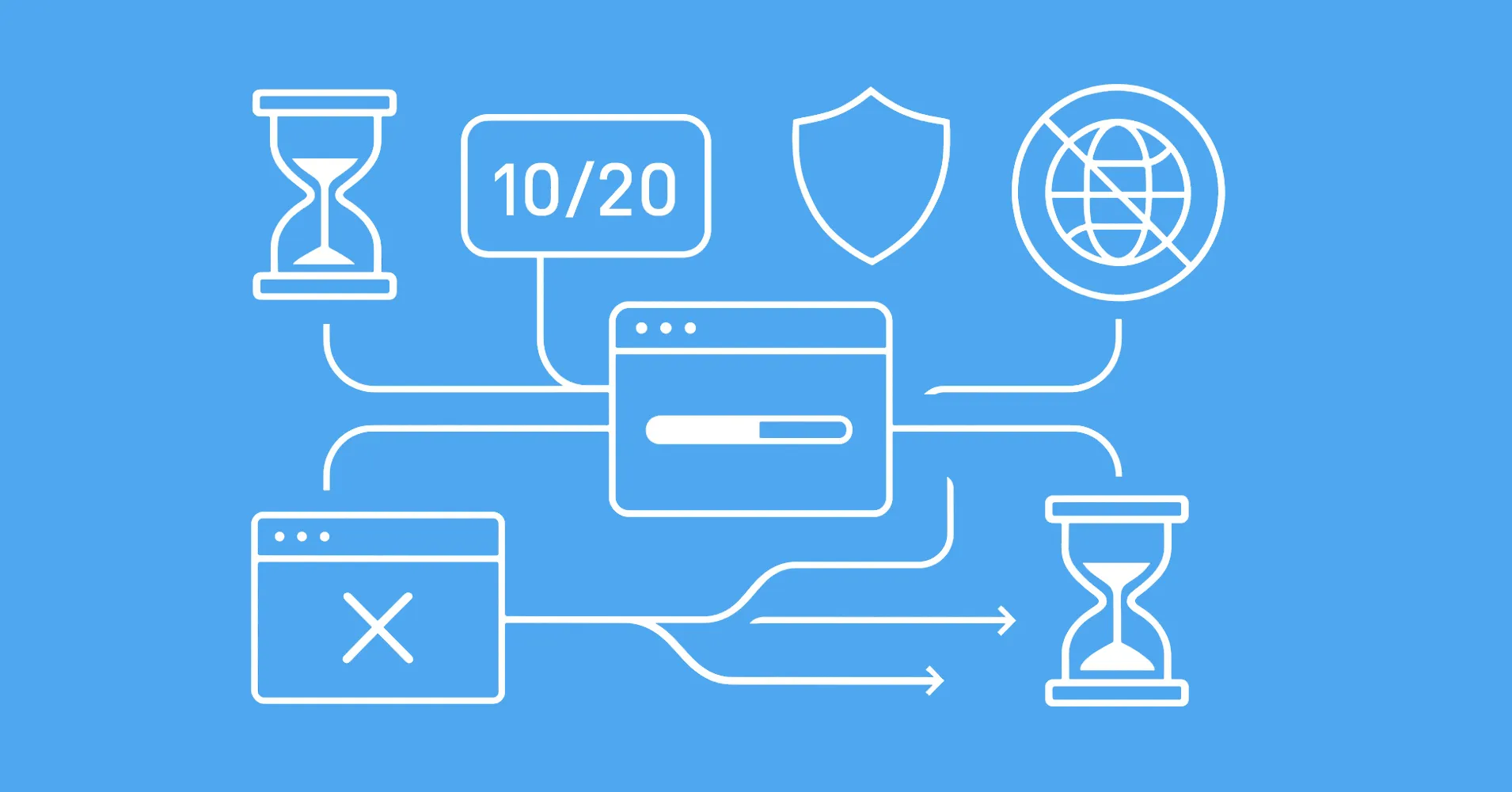Cookies are small bits of persistent data stored in browser by websites. They are used to store information about user preferences, login sessions, shopping carts, etc.
In web scraping, we need to support these functions by managing cookies as well. This can be done by setting Cookie header or cookies= attribute in most HTTP client libraries used in web scraping (like Python's requests)
Many website use persistent cookies to store user preferences like language and currency (e.g. cookies like lang=en and currency=USD). So, setting cookie values in our scraper can help us scrape the website in the language and currency we want.
Many HTTP clients can track cookies automatically and if browser automation tools like Puppeteer, Playwright or Selenium are used, cookies are always tracked automatically.
Session cookies are also used to track the client's behavior so they can play a major role in web scraper blocking. Disabling cookie tracking and sanitizing cookies used in web scraping can drastically improve blocking resistance.
Third-party cookies have no effect in web scraping and can safely be ignored.





